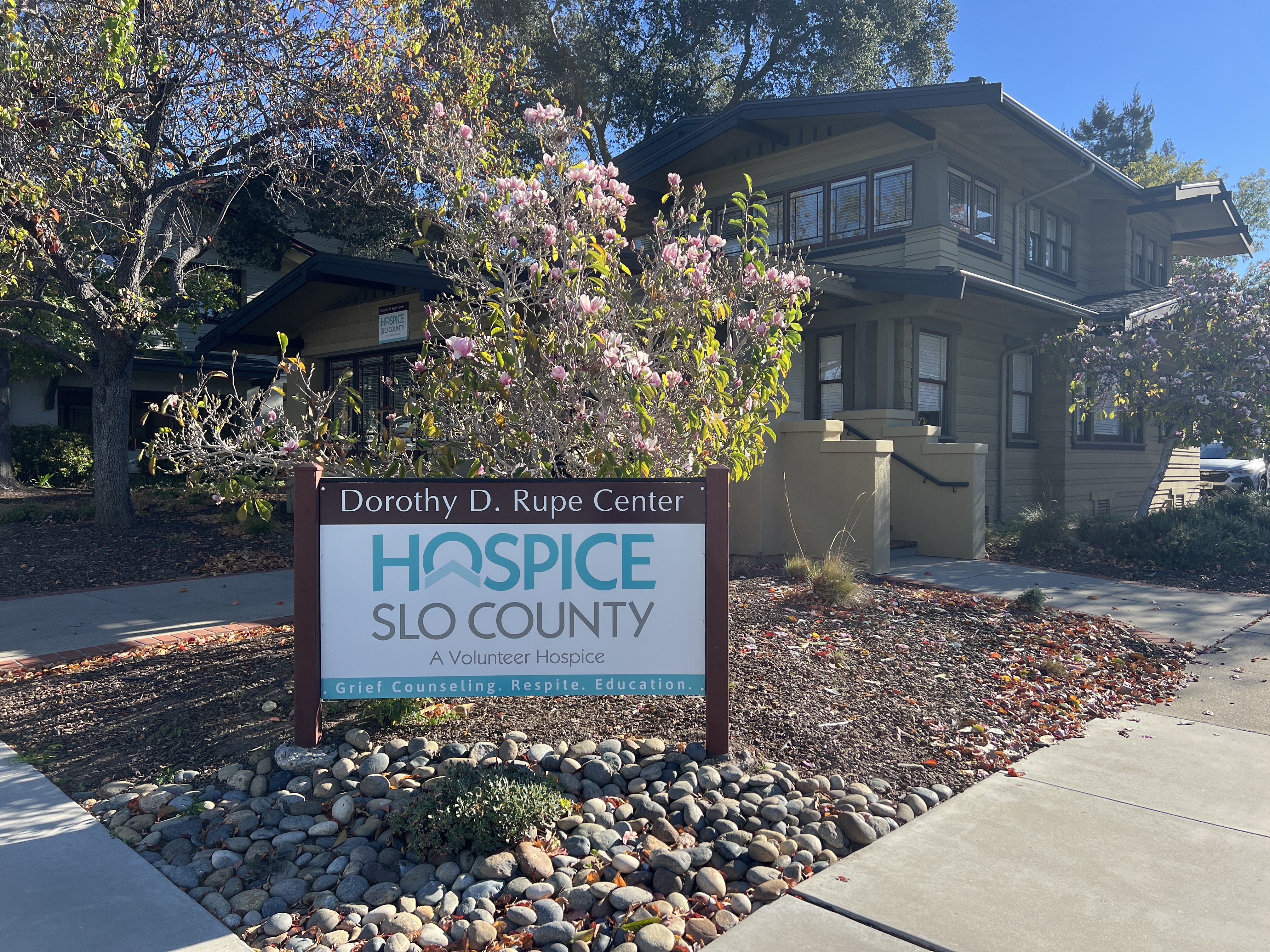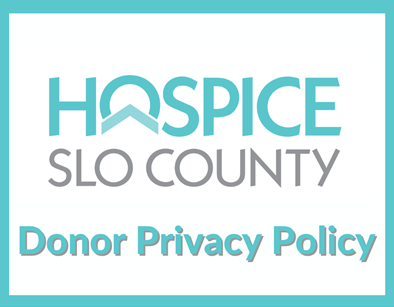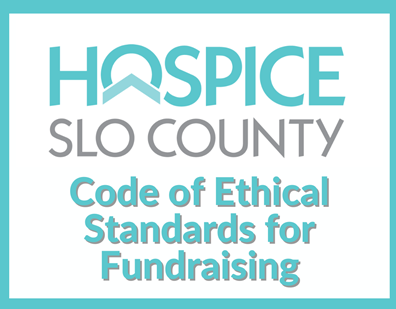Feelings After a Miscarriage
Every loss brings sadness and sorrow. The loss of a pregnancy is no different. Ask any woman who has found herself ecstatic with the news of a planned pregnancy and then unexpectedly faced with the fact that her pregnancy has ended in miscarriage. Honoring the loss of a pregnancy can be challenging and lonely for a woman (or a couple). As a counselor I have sat in my office as women have spoken about their pregnancy losses. More often than not they are confused. They wonder: "Why do I feel so guilty?"; "It was early in the pregnancy, should I be sad at all?"; "Am I crazy to feel this upset? Everyone keeps urging me to move on, to get over it." When I tell a woman that she is not crazy for having feelings about her miscarriage and that her loss is real no matter if she miscarried in the 6th week of pregnancy or in the 6th month, she always looks relieved. I have validated her feelings.
The greatest stumbling blocks to healing after miscarriage are sometimes created by the very people in a woman's life who want to provide her with support. All too often friends, loving family members and even well intended doctors and nurses unintentionally minimize the loss surrounding a miscarriage. Their comforting words might serve to disavow a woman's experience of loss rather than allowing room for it. Commonly heard expressions like, "It was early in your pregnancy," "Miscarriage is not uncommon," or "You'll have other chances" might be interpreted by a woman to mean "This happens all the time. It's no big deal. You don't have to get so upset." On the receiving end of such tarnished comfort a woman might be left feeling guilty for feeling grief stricken, after all, miscarriage, she is told, is not "uncommon". Or she might feel angry and think to herself, "No one understands what I'm going through!! I don't care if miscarriages happen all the time. It's a big deal to me and I feel wrecked!" Then she might find herself feeling isolated and alone in her experience.
The feelings around miscarriage are not very well understood by many of us. When miscarriage occurs early on in a pregnancy it can be falsely viewed by outsiders as only the loss of the mere "possibility" of a baby and not the loss of a child. A woman in her first trimester may not even appear pregnant and, therefore, to outsiders, her pregnancy may seem less real than were she in her seventh month. But, trust me; her pregnancy is very real to her. The two month old baby in her womb may already have a name. The baby that is barely larger than a bean may be awaiting summers at camp, swimming lessons and mommy's dream of a college education.
The comfort we offer a woman who has lost her baby must fit her needs and be timely. The simplest expressions, ("I'm sorry for your loss," "Can I be of any help?" "How are you?") support the fact that she has experienced a loss and they tell her that you are sensitive to that loss and care about her. They are words which give a woman the room to just "be" in her experience.
Letting go of pain before one has had an opportunity to feel that pain only ensures that it will revisit in the future as unfinished business. Most women I know have had an instinctive sense of what they've needed to do in order to comfort themselves after the loss of a baby. When they've given themselves permission to follow their instincts they've found the road to healing.
Self care after a miscarriage can mean different things to different women. It can mean walking alone in the woods or on the beach; being home in bed; sitting with one's lover; finding solace with a mom, sister or best friend; writing in a journal; renting just the right movie or listening to just the right music. Most important, self care means taking the time to nurture oneself in an attempt to heal one's heart, soul and psyche. In these moments of self care a woman may find herself hearing a chorus of internal voices asking myriad questions. More often than not, one questioning voice rings louder than the others. It is the voice which asks: "What happened? Why did I lose the pregnancy? Was it something that I did?" There are no questions more natural to want answered....especially if a woman is planning on another attempt at pregnancy. She might think, "If I can just figure out what went wrong then I might avoid another miscarriage." She might wonder if, during that last pregnancy, she jogged too hard, or lifted something too heavy, or ate the wrong foods.
Often there is no answer as to why a pregnancy failed. A woman might have done everything just right but, for some reason unknown to her and even to her physician, her body rejected the event. Then she is left with the complicated task of living with question marks: "What did happen and what if it happens again?" "What if something is wrong with me?"
Women who have lost pregnancies might also find themselves experiencing uncomfortable thoughts and feelings about themselves: "I feel broken," "Other women can have babies, why can't I?," "I am less of a whole woman because this happened to me," "I must have done something to deserve this terrible punishment." Difficult and often unexplainable things happen to all of us in the course a lifetime. Blaming ourselves for incidents which are out of our control is sometimes a desperate effort to make sense out of chaos. But, as Rabbi Harold Kushner tells us in his sensitive book, When Bad Things Happen to Good People, all too often "bad" things happen to us and there is no explanation as to "why." Misfortune happens despite our good nature. Misfortune happens just because. Misfortune is random and is not a punishment dealt us by some divine force.
Several years ago I sat in my office with Rachel as she told me about the loss of a pregnancy. She and her husband had tried for over a year to conceive and when they did it was a joyful time. Everyone in the family was looking forward to this first grandchild and no one imagined that by the end of the first trimester the pregnancy would be lost. Rachel told me about her devastation. She felt inconsolable after the miscarriage and, although she went to work every day, she suffered through bouts of understandable depression. Rachel and her husband, Gary, turned to each other during this time. She confided that "he couldn't really relate to my sadness but he tried and I was so glad to have him there." Many women have expressed such sentiments after a miscarriage. They often feel alone, even when supported by a loving mate. The truth is that no matter how much we may care about a woman's post-miscarriage pain, she, alone, has suffered this personal/physical experience of loss. No matter what we tell her or what comfort we offer, we can never know exactly how she feels or what she needs. We can only ask and try to provide safe arms and caring support. Together Gary and Rachel decided that they needed to create some kind of ritual to both honor and bring closure to the experience of the miscarriage. They chose to plant a fragrant rose bush in their garden to honor their lost baby. On the day they planted their bush they sat together and shared feelings they'd written about their experience. Then they folded those pieces of journal writings and buried them in the ground to be touched by the roots of the rose bush. Rachel shared: "I love roses and I think that something so beautiful will give me comfort when if I feel sad."
We are all different and how we react to life's experiences varies. While some women have a strong need to talk about a miscarriage and feel a great depth of sadness, other women might be less inclined to share their emotions. Some women experience strong depression while other women have described more elusive feelings of sorrow that seem to gently pass over time. We are all different ---- Rather than judge the ways in which we cope with a challenging incident, it is our task to give ourselves love and support so that we can heal.
Here are some ideas to consider if you have lost a pregnancy or if you know someone who has.
- Feel your feelings. Talk to yourself with love and kindness. Don't expect to feel "all better" in a week or even a month. Healing happens according to it's own mysterious clock.
- Talk to loving friends and/or family members.
- Express your concerns, thoughts and feelings to your physician. If you are convinced that your doctor is a person who you cannot speak with, consider talking to a nurse in the office. Or, find a doctor you can talk to!
- If you are depressed DO NOT hesitate to call a therapist or your physician. Depression after a miscarriage is not uncommon and should always be addressed.
- Write in a journal; take hikes and walks; get into a warm bath; tuck yourself in bed; eat comfort foods. Take care of yourself.
- Browse through a bookstore or go online and find books on miscarriage. Buy one that speaks to you. It might become your best friend.
- Seek spiritual counsel if you feel the need.










